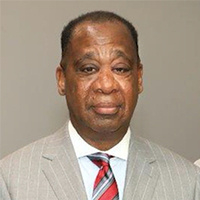Pollocksville Criminal Lawyer, North Carolina
Jessie Marie Corwin
✓ VERIFIEDBankruptcy & Debt, Criminal, Family Law, Personal Injury, Traffic
For whatever legal issue or dispute you’re facing, you will need a strong, dependable lawyer by your side to provide the support and guidance you ne... (more)
Carlos R. Emory
✓ VERIFIEDCriminal
C. Randy Emory was born and raised in the small, rural town of Wilson NC. Throughout his childhood, Mr. Emory displayed many leadership qualities. In ... (more)
FREE CONSULTATION
CONTACTTrawick H. Stubbs
Litigation, Criminal, Bankruptcy, Personal Injury
Status: In Good Standing Licensed: 57 Years
William David McFadyen
Litigation, Family Law, Criminal, Personal Injury
Status: In Good Standing Licensed: 19 Years
William David McFadyen
Family Law, Divorce & Family Law, Criminal
Status: In Good Standing Licensed: 19 Years
Carolyn Taylor Peacock
Family Law, Child Support, Divorce & Family Law, Criminal
Status: In Good Standing
Joshua W. Willey
Family Law, Criminal, Civil & Human Rights, Personal Injury
Status: In Good Standing Licensed: 47 Years



